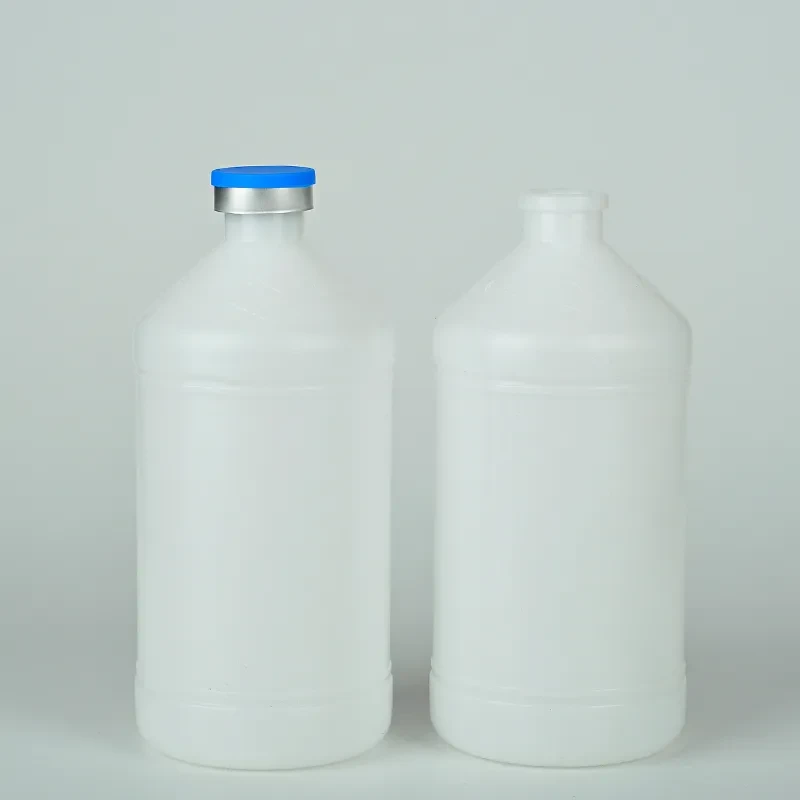reagent kits in laboratory
The Importance of Reagent Kits in Laboratory Settings
In the fast-paced world of scientific research and diagnostics, reagent kits serve as indispensable tools for laboratories. These kits are essential for a variety of applications ranging from clinical diagnostics and environmental testing to academic research and industrial applications. The versatility, convenience, and precision offered by reagent kits greatly enhance laboratory workflows, making them a cornerstone of modern laboratory practices.
What Are Reagent Kits?
Reagent kits are packaged collections of chemicals and materials necessary to perform specific analytical procedures. Typically, a reagent kit includes all the required reagents, buffers, and controls, along with detailed instructions for use. These kits are designed to facilitate specific assays or reactions, ensuring that researchers can obtain accurate and reproducible results with minimal preparation time.
Applications of Reagent Kits
Reagent kits are invaluable in numerous fields. In clinical laboratories, they are used for various assays including blood glucose tests, enzyme-linked immunosorbent assays (ELISA), and polymerase chain reaction (PCR) tests. These assays are crucial for diagnosing diseases, monitoring health conditions, and performing genetic testing.
Similarly, in environmental laboratories, reagent kits help in analyzing water quality, detecting pollutants, and conducting soil assessments. For instance, kits that test for heavy metals or microbial contamination are instrumental in ensuring the safety of drinking water and assessing environmental health.
In research settings, reagent kits facilitate a wide array of experiments. From biochemical assays to molecular biology techniques, these kits enable researchers to explore complex biological pathways and phenomena with ease. The standardized components and protocols help in reducing variability and increasing the reliability of research outcomes.
Advantages of Using Reagent Kits
reagent kits in laboratory

One of the primary advantages of reagent kits is their convenience. By providing all necessary reagents and components in a single package, they save time and reduce the likelihood of errors that can arise from sourcing individual reagents. This bundled approach simplifies the preparation process and allows laboratory personnel to focus on the analysis rather than the logistics of reagent management.
Standardization is another critical benefit. Reagent kits are formulated and tested under stringent quality control measures, ensuring consistent performance across different batches. This reliability is particularly important in clinical settings where patient results depend on accurate testing.
Moreover, reagent kits often come with ready-to-use protocols which are crucial for both training new staff and ensuring compliance with regulatory standards. This ease of use is especially beneficial in laboratories that may not have specialized expertise in certain areas of assay development.
Challenges and Considerations
While reagent kits offer several advantages, there are also challenges associated with their use. The primary concern is the dependency on commercial suppliers for critical reagents, which can lead to delays in research and diagnostics if supply chains are disrupted. Additionally, laboratories must ensure that they are using the kits within their expiration dates and under recommended storage conditions to maintain the integrity of the reagents.
Another consideration is the cost. Although reagent kits can save time and effort, they can also be more expensive than purchasing individual reagents, especially in large quantities. Laboratories must carefully evaluate their budget and needs to determine the most cost-effective approach.
Conclusion
Reagent kits play a vital role in enhancing the efficiency and accuracy of laboratory work across various fields. Their convenience, standardization, and accessibility make them essential tools for researchers and clinicians alike. As technology advances and new assays are developed, the continued evolution of reagent kits will undoubtedly play a significant role in shaping the future of laboratory practices. Ensuring that laboratories are equipped with the right reagent kits will ultimately contribute to improved research outcomes and advancements in health and environmental science.
-
Aesthetic Makeup Spray Bottles | Fine Mist Empty RefillableNewsAug.19,2025
-
White Plastic Veterinary Vaccine Vials | Lab Liquid BottlesNewsAug.18,2025
-
Plastic Medicine Liquid Bottle: Secure Flip Top Drug VialsNewsAug.17,2025
-
Durable 250ml Blue Plastic Vaccine Vial for Lab & Vet UseNewsAug.16,2025
-
Sterile Virus Sample Tubes: Secure & Reliable Specimen CollectionNewsAug.15,2025
-
White 250ml Plastic Vaccine Vial for Lab & Vet MedicineNewsAug.14,2025
























